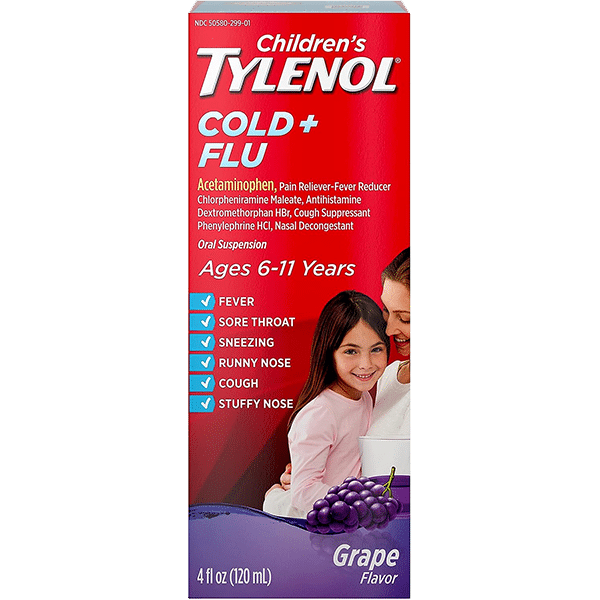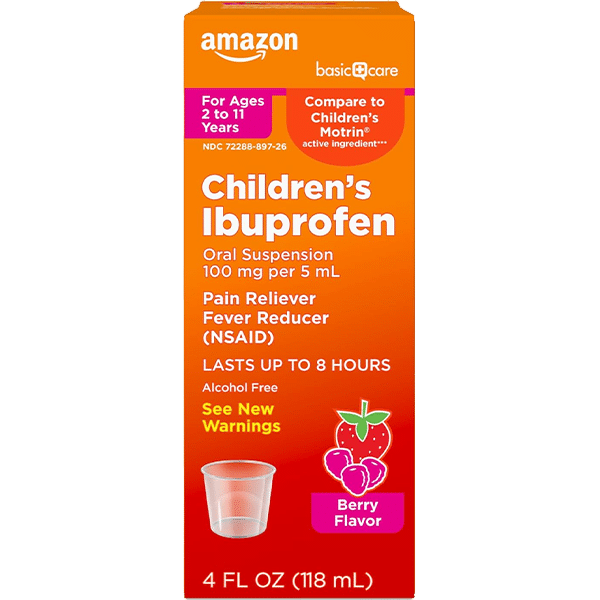When it comes to providing relief for your little ones, understanding the differences between Tylenol and Ibuprofen is crucial. In this post, we’ll explore the considerations for choosing between these two common medications, especially for children under six months old.
Age Matters:
For infants under six months, the go-to choice is Tylenol. Understanding the appropriate medication for your child’s age is the first step in ensuring their safety and well-being.
When it comes to teething, Tylenol is often preferred due to its efficacy above the neck. Tylenol works on the endogenous cannabinoid system, blocking the perception of pain effectively.
Temperature Management:
If your child has a low-grade temperature (under 100°F), Tylenol is recommended. However, if the temperature rises to 101°F or above, it’s time to consider using Ibuprofen for more effective relief.
Duration of Action:
Consider the duration of action when choosing between the two medications. Ibuprofen provides relief for six hours, whereas Tylenol lasts for four hours. This can be a crucial factor depending on your child’s specific needs.
Administration Methods:
Tylenol offers a suppository option, making it a suitable choice if you need an alternative administration method. This can be especially helpful for parents who prefer this route.
Taste Preferences & Symptom Specifics:
In the battle of taste, Tylenol emerges as the winner. Many find that Tylenol tastes better, while Ibuprofen might have a slightly unpleasant flavor, described by some as a burning sensation.
For body aches, joint pain, and flu-like symptoms, Ibuprofen tends to be more effective. Understanding the specific symptoms your child is experiencing can guide you in making the right choice.
If your child has a high fever, Ibuprofen is generally more effective. Ensure that your child stays hydrated, and then administer Ibuprofen to help reduce the temperature.
Liver vs. Kidney Clearance:
Tylenol is cleared through the liver, while Ibuprofen is processed by the kidneys. If your child is dehydrated, Tylenol might be a better choice, as it is less taxing on the kidneys.
Combining Medications:
If necessary, combining both Tylenol and Ibuprofen can be done in a strategic manner. Start with Ibuprofen, wait 30 minutes, and then add Tylenol. This sequential approach takes advantage of the different mechanisms of action, ensuring more effective relief.
Choosing between Tylenol and Ibuprofen for your child involves considering various factors, from age and temperature to specific symptoms. Understanding the nuances of each medication allows you to make informed decisions to provide the best care for your little one. Always consult with a healthcare professional for personalized advice based on your child’s individual health needs.










